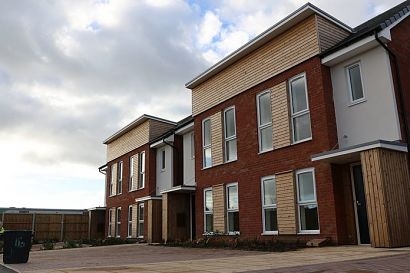
Mass adoption of solar, battery storage and intelligent controls would improve grid resilience, cut carbon and reduce energy bills, the research has found. The report examines both the individual household benefits of installing smart energy technologies, and the contribution they can make to the whole electricity system, when scaled-up across a portfolio of 4.4 million homes.
Equipping this number of homes with solar, battery storage and intelligent controls to manage electricity use can provide enough rapid flexible power to flatten spikes in demand, helping to balance the electricity system without the need for costly reinforcements. Such homes can also more than halve carbon emissions and energy bills too.
“We now have an opportunity to make our homes active contributors of the flexibility needed to maximise the potential of renewables, rather than simply passive consumers of electricity” said Chris Hewett, Chief Executive of the STA. The evidence is here - deploying smart energy technologies across the country not only cuts carbon and helps households save on their energy bills, but can actively minimise spikes in electricity demand which place the grid under intense stress. It is not simply the homeowner who stands to benefit from solar and energy storage, but everyone.”
Dr Philip Leicester, Research Fellow at the Centre for Renewable Energy Systems Technology (CREST) at Loughborough University, added that the report demonstrates the impact that detailed modelling and simulation research can have on the development of sound, evidence-based policy and investment decision making and that the work shows that domestic PV in combination with electrical energy storage offers significant benefits in addition to higher household PV self-consumption. These benefits include system flexibility services, such as management of year-round peak electricity system demand.
The report was sponsored by MCS Charitable Foundation and Larkfleet Smart Homes.
For additional information:

